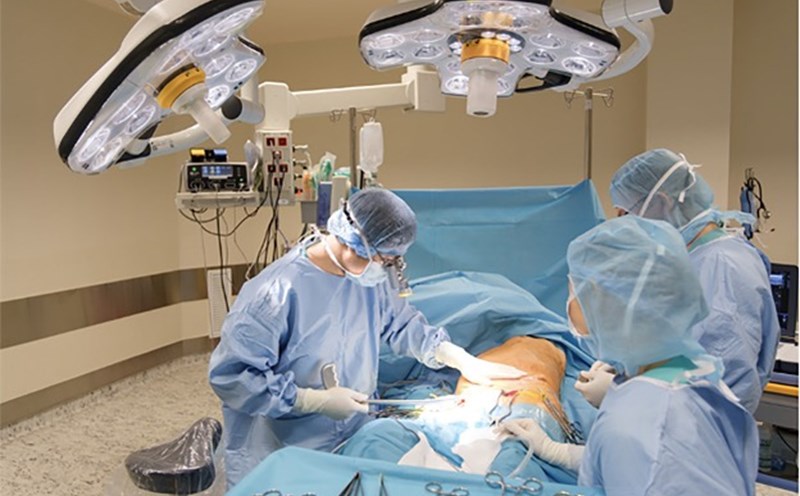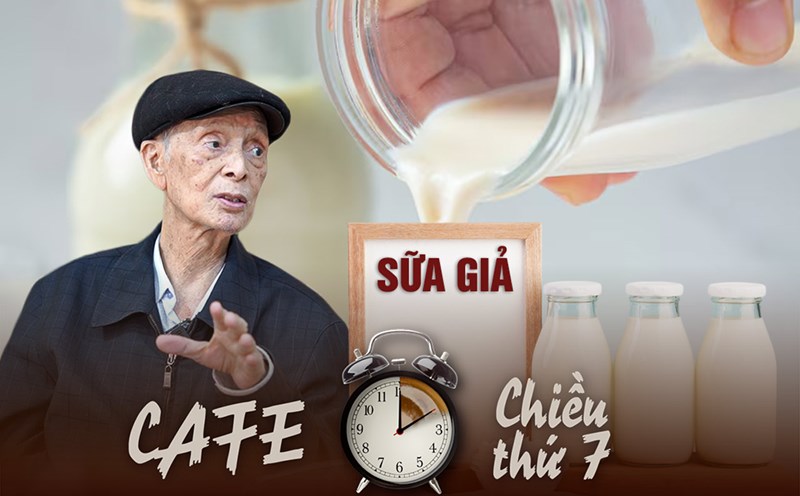The liver plays a major role in metabolizing nutrients, filtering out toxins and producing bile to aid digestion.
When overloaded, the liver will operate ineffectively, easily leading to accumulation of toxins, increased liver enzymes, and even hepatitis if the condition persists.
According to the World Health Organization (WHO), one of the leading causes of liver diseases is unhealthy diet and alcohol abuse. Therefore, after overeating, adjusting portion sizes and choosing smart foods is an essential step to help the liver recover.
First of all, the top priority should be given to green vegetables, especially cruciferous vegetables such as broccoli, kale, spinach.
Studies from the US National Institute of Nutrition (NIH) show that these vegetables contain glucosinolate - a compound that helps enhance the activity of liver detoxification enzymes, while protecting liver cells from damage caused by oxidation. Green vegetables are also rich in fiber, which supports the digestive system, helping to reduce the metabolic burden on the liver.
Low-sugar, vitamin C-rich fruits such as oranges, grapefruits, lemons, and guava are also very beneficial. Vitamin C not only boosts immunity but also participates in the process of neutralizing toxins in the liver.
Grapefruit contains naringenin and naringin - two flavonoids that help reduce fat storage in the liver and effectively fight inflammation. However, you should eat fresh fruit in a bag instead of juice to retain fiber.
Seeds such as walnuts, flax seeds, and almonds are also recommended by experts to contain omega-3 and arginine - substances that can reduce inflammation and increase blood circulation in the liver.
A study published in the World Journal of Gastroenterology (2020) showed that a diet supplemented with walnuts significantly improves liver function in people with non-alcoholic fatty liver disease.
Water is an indispensable factor in the detoxification process. Drinking enough water every day - about 2 liters for adults - will help the liver and kidneys eliminate waste more effectively. You can add slices of lemon, mint or ginger to increase the ability to stimulate gallstones, improve digestion after regular eating time.
According to Dr. Frank Hu - Head of the Department of Nutrition, Harvard School of Public Health: "After a period of overeating, it is important not only to eat what to detoxify, but to stop acts that are harmful to the liver: temporarily stop drinking alcohol, limit processed foods, reduce sugar and saturated fat. The liver has the ability to recover by itself very well if it is properly "rested" for a few days to a few weeks".
A diet rich in plants, low in sugar, and high in water is a simple but effective way to help the liver "relieve" pressure after the holidays. This is also an opportunity for everyone to reset their healthier eating habits - not only to protect the liver but also to maintain overall health.











